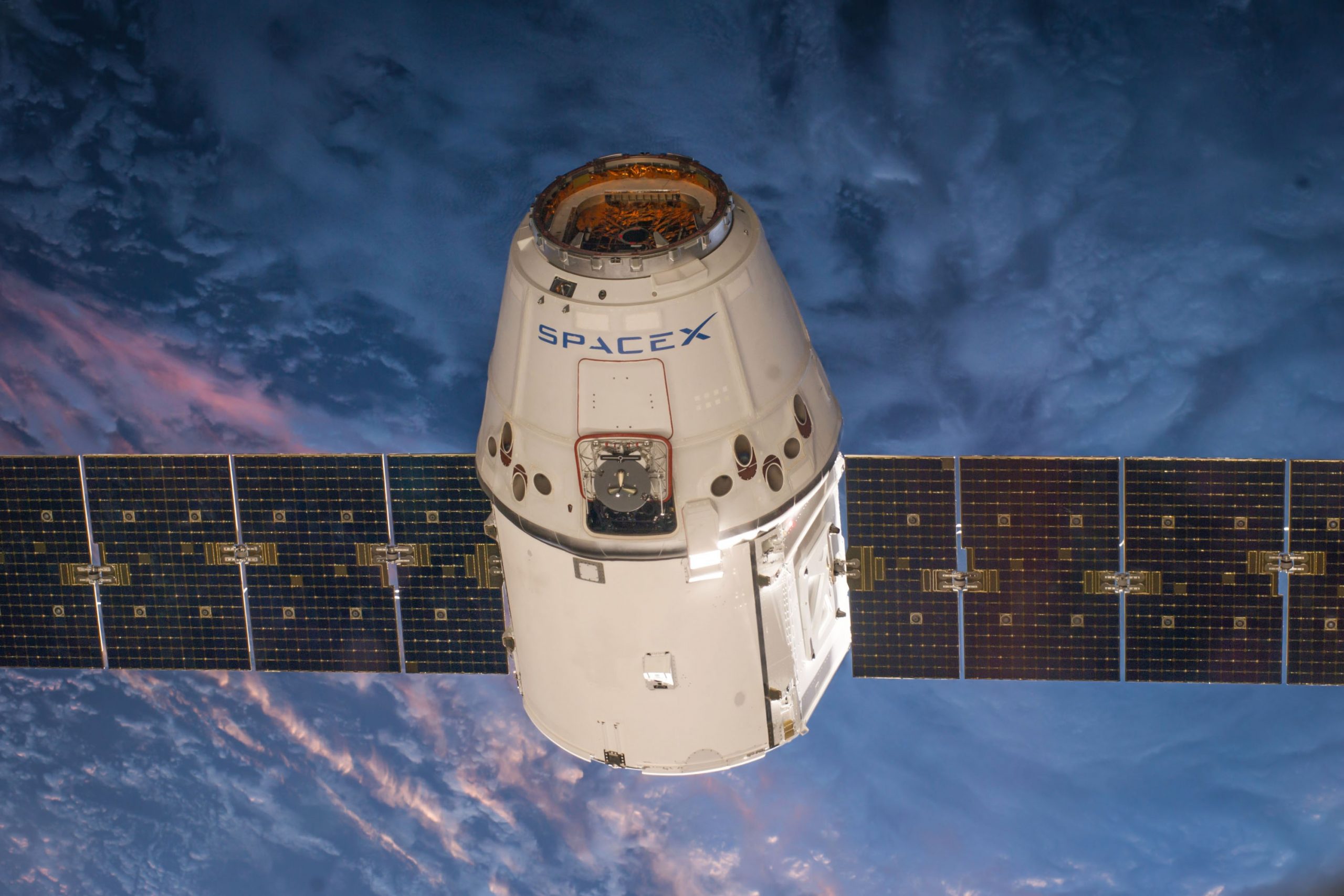
Freedom splashes down — Since Crew Dragons debut, SpaceX has flown more astronauts than anyone “Thank you for an incredible ride up to orbit and an incredible ride home.”
Eric Berger – Oct 14, 2022 9:57 pm UTC Enlarge / Crew Dragon splashes down in the Atlantic Ocean on Friday afternoon.NASA reader comments 93 with 57 posters participating Share this story Share on Facebook Share on Twitter Share on Reddit
After 170 days in space, four astronauts splashed down in the Atlantic Ocean on Friday, bringing an end to a successful NASA-SpaceX mission to the International Space Station.
Following two days of weather delays, SpaceX’s Crew Dragon Freedom returned to Earth off the coast of Jacksonville, Florida, beneath clear blue skies and into mild seas. The spacecraft’s descent through Earth’s atmosphere appeared to be nominal, with two drogue parachutes deploying on schedule, followed by four clean main parachutes, allowing Dragon to splash down at about 25 km per hour. Further ReadingSpaceX sends four astronauts into orbit for the second time in a month
“SpaceX, from Freedom, thank you for an incredible ride up to orbit and an incredible ride home,” Kjell Lindgren, the NASA commander of the spacecraft, said after landing.
Lindgren led a mission that included NASA astronautsBob Hines and Jessica Watkins, as well as European Space Agency astronaut Samantha Cristoforetti. Upon landing, the spacecraft was met by two SpaceX “fast boats” which secured the toasty-looking vehicle before it was brought on board the Megan recovery ship, named after Megan McArthur, an astronaut aboard an earlier SpaceX flight.
This mission, Crew-4, was the fourth operational mission flown by SpaceX for NASA. Earlier this month, the Crew-5 mission launched four astronauts to the space station, where they will remain for about six months. Including an initial demonstration mission in 2020, and two private spaceflightsInspiration4 and Axiom-1Crew Dragon has now carried 30 people into orbit. Advertisement
In a little more than two years, SpaceX has surpassed the total number of astronauts launched into orbit by China, whose human spaceflight program dates back to 2003; and in the time Crew Dragon has been operational, it has exceeded even the Russian Soyuz vehicle in terms of the total number of people flown into space during that period.
Over the last two years Dragon had a few flaws, including an intermittently problematic toilet and a lagging parachute on one flight, but NASA officials have been extremely pleased with the vehicle’s performance. It has safely returned the United States’ capability of human spaceflight, which had been lost since the space shuttle’s retirement. Had Dragon not been available, NASA would have been in the uncomfortable position of relying on Russia for crew transport amid the Ukraine war.
Crew-5 was the last launch of 2022 for SpaceX’s Dragon vehicle, but two missions are expected during the first quarter of 2023. In February, the launch of Crew 6 is planned, to be commanded by NASA astronaut Steve Bowen alongside pilot Warren Hoburg. In addition, there will be two mission specialists, Russian cosmonaut Andrey Fedyaev, and United Arab Emirates astronautSultan Al Neyadi.
Then, as early as March, entrepreneur Jared Isaacman will fly his second Dragon free flyer mission, Polaris Dawn, with the goal of performing the world’s first private EVA and conducting research to advance human spaceflight. Alongside him will be pilot Scott Poteet as well as two mission specialists, Sarah Gillis and Anna Menon, who work for SpaceX. They will be the company’s first employees to fly in space on Dragon. reader comments 93 with 57 posters participating Share this story Share on Facebook Share on Twitter Share on Reddit Eric Berger Eric Berger is the senior space editor at Ars Technica, covering everything from astronomy to private space to NASA, and author of the book Liftoff, about the rise of SpaceX. A certified meteorologist, Eric lives in Houston. Email eric.berger@arstechnica.com // Twitter @SciGuySpace Advertisement
You must login or create an account to comment. Channel Ars Technica ← Previous story Next story → Related Stories Today on Ars






